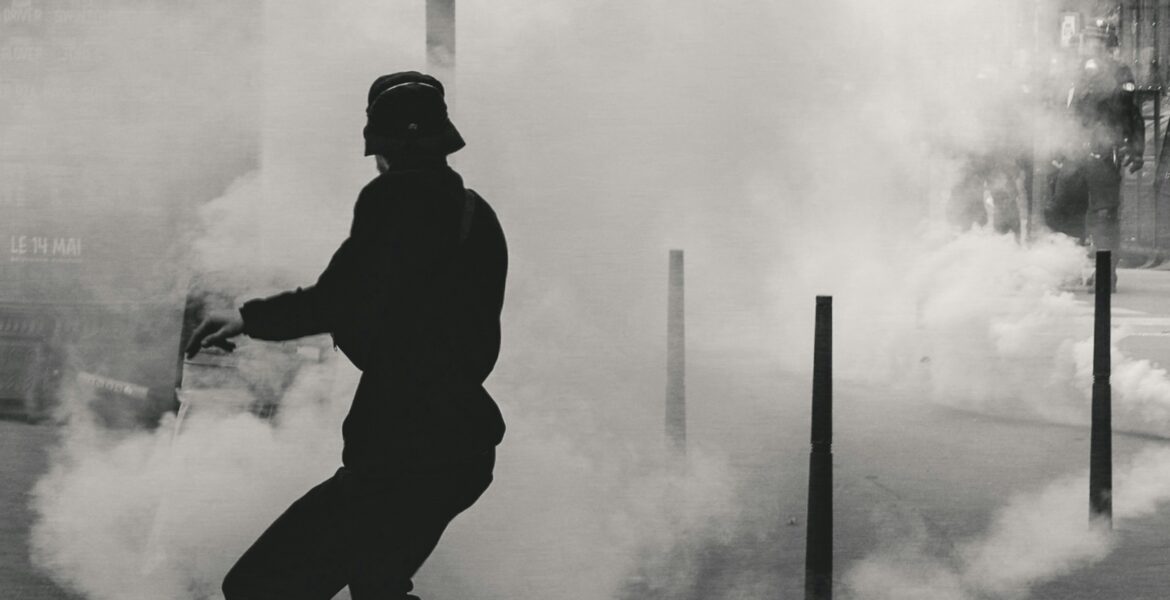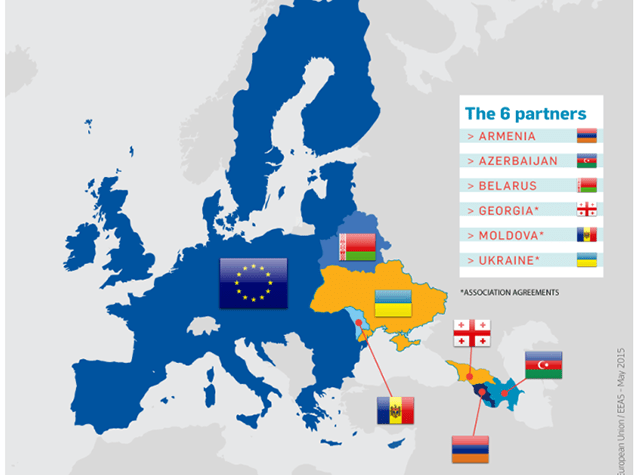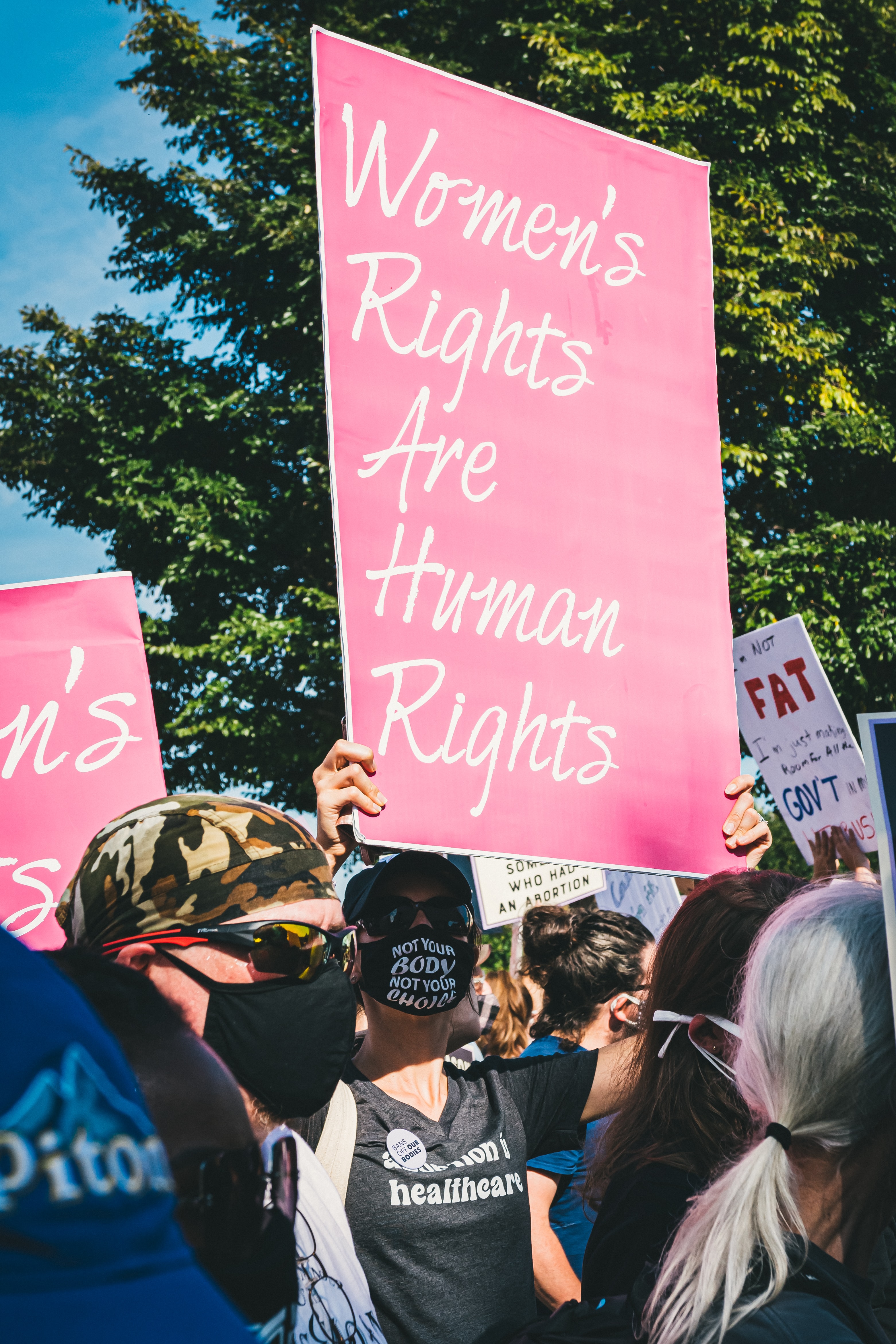The “much hyped” rise of the Far Right in the EU election was “limited,” says a former British Labour MEP.
Richard Corbett was speaking after nationalist parties in some EU countries made a significant impact in the weekend’s election.
Marine Le Pen’s National Rally won about 32% of the vote and hard-Right Italian leader Georgia Meloni consolidated her position while, in Germany, the AfD did similarly well in the EU poll.
French president Macron responded to Marine Le Pen’s Rassemblement Nationale coming first by calling a snap parliamentary election.
But Corbett had downplayed the impact of such parties, saying, “Despite the drama in France, the much-hyped surge of the far-right in this weekend’s European elections turned out to be somewhat limited.The only sustainable and reliable majorities in the European Parliament will, as before, be across the centre, with deals between the EPP, the liberal Renew and the socialist S&D Groups, sometimes supplemented by the Greens.”
Corbett, a respected EU constitutional expert, forecast, “There will not be a right-wing coalition in the new parliament.”
The AfD was thrown out of Marine Le Pen’s Identity and Democracy group after its candidate Maximilan Krakh’s remarks on the SS. Le Pen later urged Italian leader Georgia Meloni to form a conservative coalition with her after the European poll.
Le Pen has sought to broaden the appeal of her political movement and to soften its extremist image and she may be bolstered by the results.
Her National Rally party garnered more than double the number of votes of President Macron’s Renaissance party.
The French election will take place over 2 rounds this month and in July. The next presidential vote in France is scheduled for 2027.
Meanwhile, Ursula von der Leyen’s centre-Right European People’s Party will remain the largest group of like-minded parties in the new parliament but the success of hard-Right parties like the AfD could have an impact on issues such as migration and climate change.
In Belgium the Vlaams Belang’s rival, nationalist party N-VA (New Flemish Alliance), is on course to remain the largest party in Belgium’s parliament.
“Our obituaries were written, but we won these elections,” said N-VA leader Bart De Wever, who could be Belgium’s next prime minister.
Further comment on the poll came from Lord (Richard) Balfe, another former UK MEP.
He told this site, “From my perspective the results were acceptable though they could have been better. In 2019 I was still a Brussels resident and as I really could not support the Conservative manifesto I travelled to Brussels to vote for the Christian Democrats. I never joined the ECR so I am still a part of the PPE former members group and as such am pleased that we won.”
Lord Balfe added, “I hope the Council will now nominate Ursula von der Leyen and not do as they did in 2019 and ignore the Spitzenkandidat. Even so, the promised vote in 2019 was around 25 higher than the actual vote so she needs a margin above the strict majority.”
“As for the Right I am always struck by their capacity for internecine warfare. Personally I regard Meloni as workable with but I would not go much further.”
He adds, “My personal priorities would be to look closely at immigration and question whether we need the present level of legal migration. It is dubious morality to strip the developing world of skilled workers. As for illegal migration I fail to understand why with all the technical tools we have we cannot break the smuggling gangs.”




